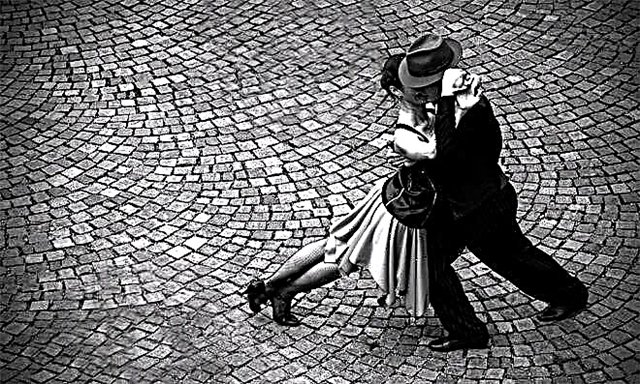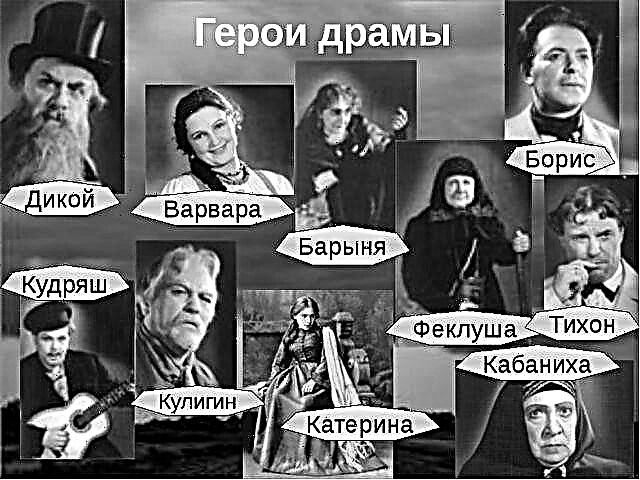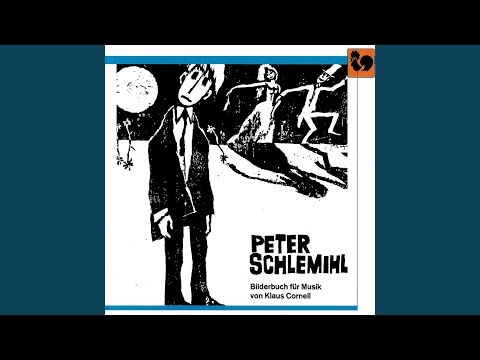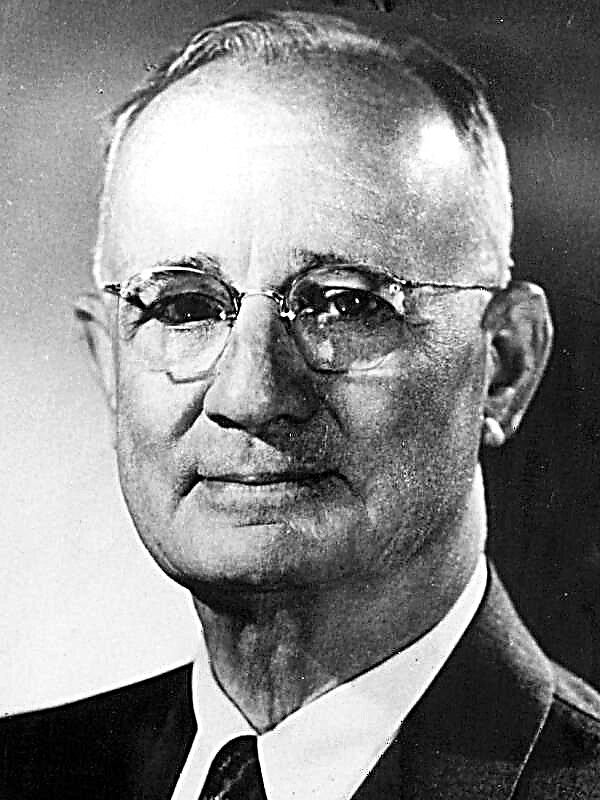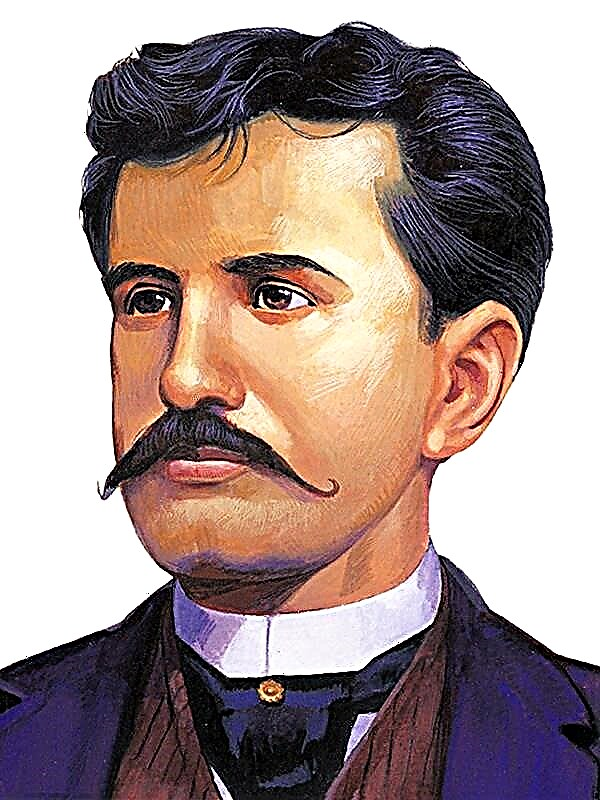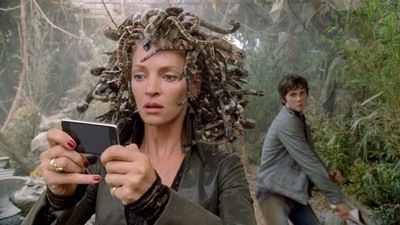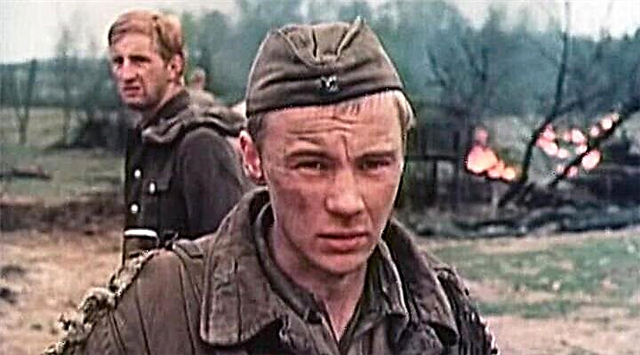(316 words) “The Cherry Orchard” is one of Chekhov's latest works. Before his death, more than ever, the fate of Russia began to worry. In the process of reading, it becomes clear that the garden is a symbol, a model of our country. Petya Trofimov, one of the heroes of the work, even pronounces the phrase: “All of Russia is our garden!” Therefore, the author pays great attention to the description of this place. Let’s figure out what unites him with Russia.
The fact is that the garden, like the country, has its own story. Many generations of noblemen grew up in this house with a beautiful cherry orchard in the courtyard. He was looked after and admired the blossoming cherries. In exactly the same way, Russia kept itself on the nobles for many centuries, and the development of the power was bearing fruit. After cutting down the trees, the reader understands that not only the old garden was lost, but serious changes took place throughout the country. Chekhov is trying to predict the future of the fatherland by the example of his characters. Gaev and Ranevskaya cannot resist the new ruling class, because they are not adapted to practical life. Lopakhin, a merchant, a descendant of serfs, is buying land, leaving the past owners literally nothing. Despite the fact that Lopakhin can not be called a negative hero (he acts logically, based on personal interests), he destroys the centuries-old garden. He is not interested in the beauty of this place at all, but only in the opportunity to get rich on his rental. Chekhov, sensing the weakening of the influence of the intelligentsia, understands that material values are becoming higher than spiritual values.
In this work, one can also trace the mood of Russian youth. Anya Ranevskaya and Petya Trofimov are cold enough about cutting down trees. Even Anya, for whom this place was her home. She sincerely wants to do good deeds and build an ideal life, but she does not believe in the future of the garden. The girl says that it is necessary to plant new gardens, more luxurious than the former. Petya is older, but not very educated. But the young man is a wonderful speaker who promotes his views on “higher happiness” and a wonderful future. Chekhov shows that young people, although they think progressively, cannot offer anything sensible and do not honor the achievements of past years. This is how the author described the life of Russia using the example of the garden and its owners.

